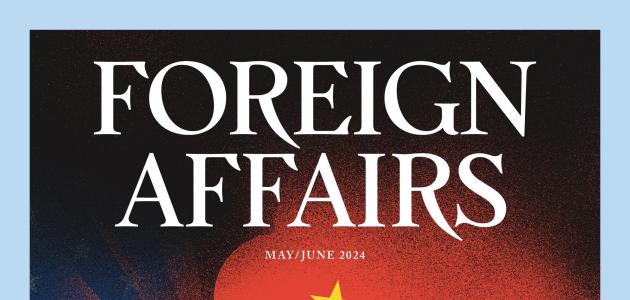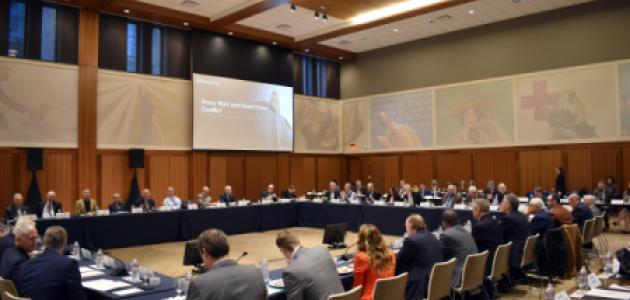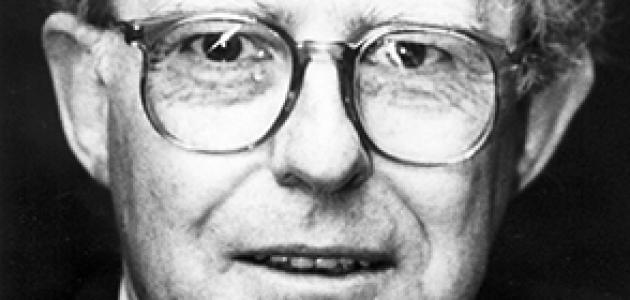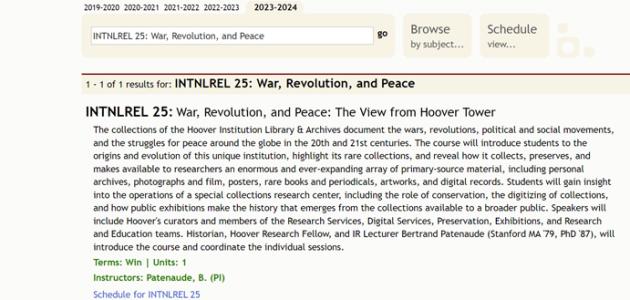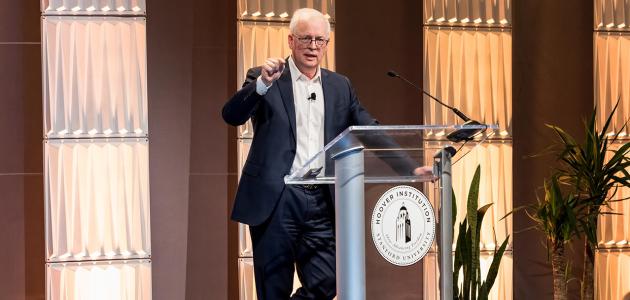The Hoover Library and Archives has just acquired a rare handwritten political manuscript by Evita Peron and the bulk of Juan Domingo Peron's archive during his exile from 1955 to 1972.
The new Peron materials, consisting of almost 1,200 letters and other documents, raise the total Peron-related correspondence in the Hoover Archives to some 1,500 pieces.
About 150 of the letters are by Peron to such colleagues as Hipolito Paz, Maria de la Cruz, Americo Barrios, Atilio Garcia Mellid, and others. Most of the newly acquired letters are to Peron, from his confidants and others, chief among them Pablo Vicente, Pedro Michelini, Raul Matera, Ramon Landajo, Jorge Antonio and others. These letters were one of the main ways Peron kept up-to-date on what was happening in Argentina during his exile, mostly in Spain.
While almost everything Peron wrote was political, Evita usually didn't write down her political views as she does here in what was probably the draft of a speech. Here she discusses the "soul" of the Argentina people, General Peron, political traitors and the beneficiaries of Peron's "new Argentina."
The other newly acquired documents add depth to what was already the richest archival collection on Peron in the world.
Peron was president of Argentina from 1946 until removed by a military coup in 1951; he returned to Argentina in 1972 and was president again from 1973 until his death in July of 1974. The party Peron founded is the major party in Argentina today, has been in power for most of the past 14 years, and is also well documented in the Hoover collection.
The Hoover Institution, founded at Stanford University in 1919 by Herbert Hoover, who went on to become the 31st president of the United States, is an interdisciplinary research center for advanced study on domestic public policy and international affairs, with an internationally renowned archives.
Attracting an average of 3,500 researchers every year from some forty different countries and nearly every state, the Hoover Library and Archives is an international treasure. The library, with more than 1.6 million volumes, and the archives, with more than sixty million documents, constitute one of the world's largest repositories (25 miles of shelving) of materials on political, economic, and social change in modern times.




